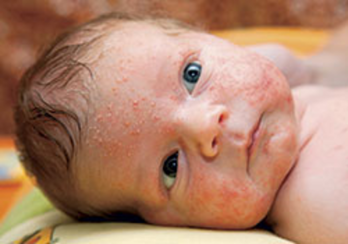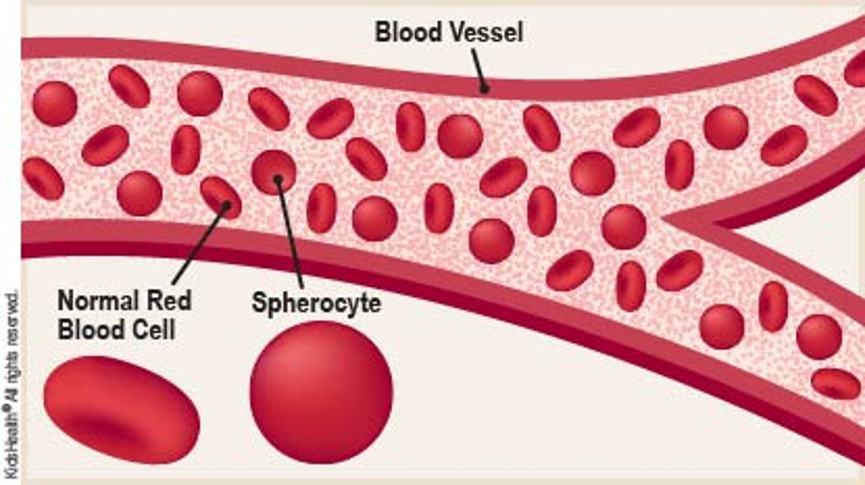Otitis Externa : Swimmer’s ear
As the temperature outside continues to get warmer, many of your children’s days will be filled with swimming and other water activities. A common summer ailment we see in the office is swimmer’s ear also known as an outer ear infection. Swimmer’s ear can be a painful infection that, if no...













